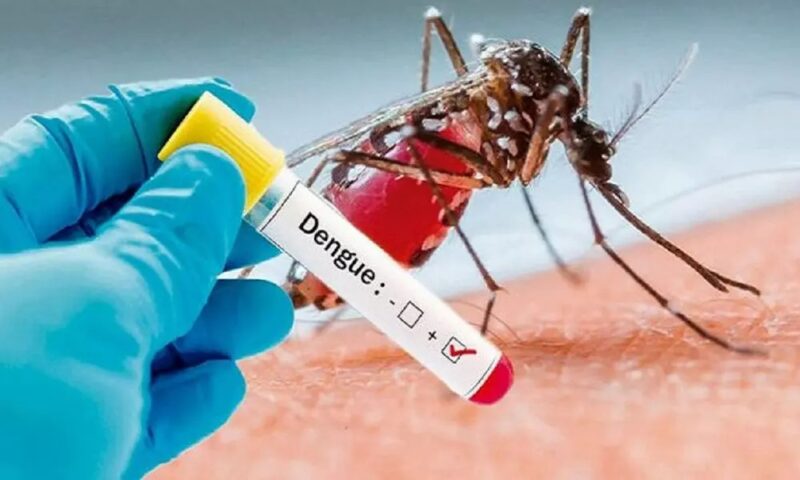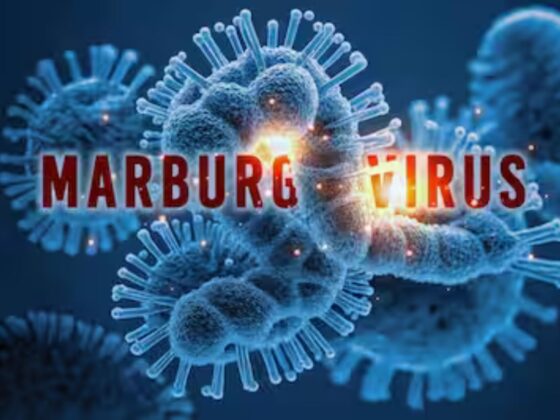New Delhi, October 10: Delhi, the bustling capital of India, is currently grappling with a significant health crisis as dengue cases are on the rise. Recent reports indicate that there have been three tragic deaths linked to dengue, prompting fear among residents. Alarmingly, the total number of dengue infections has surpassed 2,100, signaling a widespread outbreak that requires immediate action.
What is Dengue Fever?
Dengue fever is a viral illness spread by mosquitoes, which leaves its victims with flu-like symptoms like high fevers, intense headaches, and severe body and joint pain. The main culprits for this transmission are Aedes mosquitoes, specifically Aedes aegypti and Aedes albopictus, which bite humans and spread the virus.
Why is Dengue Spreading?
Several reasons contribute to the quick spread of dengue in urban areas like Delhi. The monsoon season creates perfect conditions for mosquito breeding with heavy rain and humidity. Stagnant water in various containers, discarded tires, and other places serves as ideal breeding sites for Aedes mosquitoes, increasing the likelihood of dengue outbreaks. Furthermore, poor sanitation and inadequate waste management worsen the situation, allowing mosquitoes to thrive in cities.
To combat the growing dengue crisis, Delhi’s health authorities have launched a range of public health initiatives. These include extensive fogging and insecticide spraying to eliminate mosquito breeding areas, as well as public education campaigns aimed at informing residents about prevention strategies. Additionally, there is a push to improve healthcare facilities to effectively treat those affected by the virus.
How Early Detection of Dengue May Help
Recognizing dengue early is vital. People showing symptoms like high fever, tremendous headaches, and intense joint pain need to seek medical help right away. Quick diagnosis via blood tests and appropriate supportive care can greatly reduce the chances of severe dengue and related deaths.
Community involvement is crucial in the fight against dengue. Residents should take action by regularly cleaning up stagnant water, covering their water containers, and using mosquito repellents. Also, wearing long-sleeved clothes and using mosquito nets are effective ways to protect against bites.
Tackling the dengue outbreak requires a united front from government bodies, health care workers, community groups, and the public. Through collective efforts to implement efficient mosquito control measures, increase awareness about prevention, and ensure timely access to health services, the effects of the outbreak can be minimized.
The dengue situation in Delhi is a pressing public health issue that calls for immediate and cooperative action. All one needs to do is to have information about the preventive measures, and efficient treatment strategies to contain the virus from spreading.










